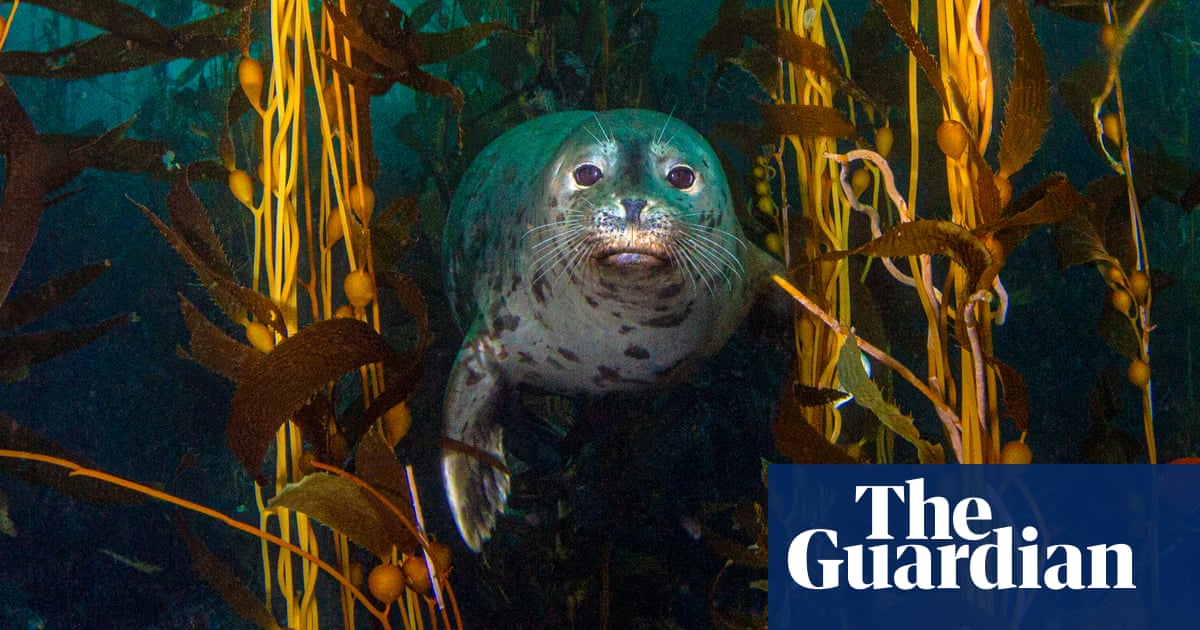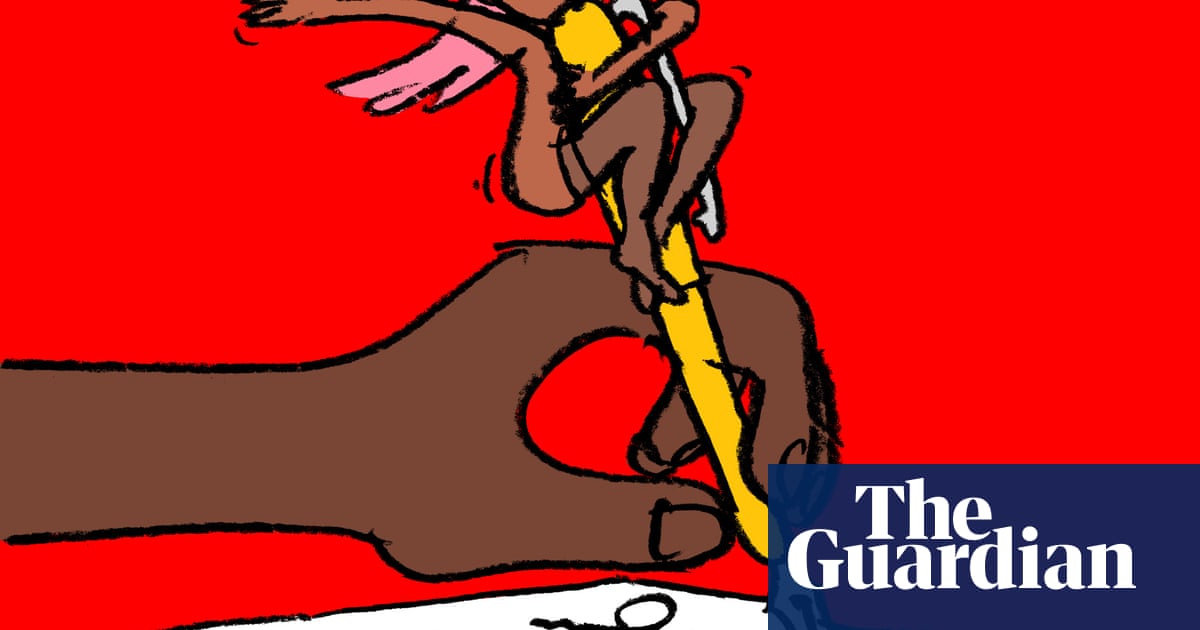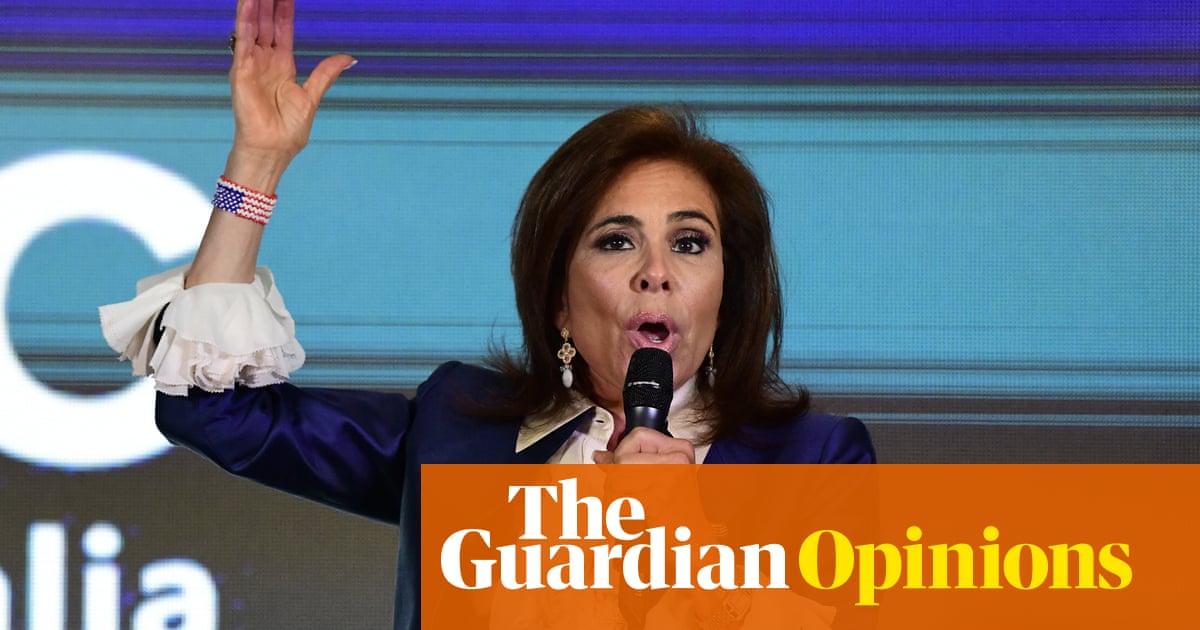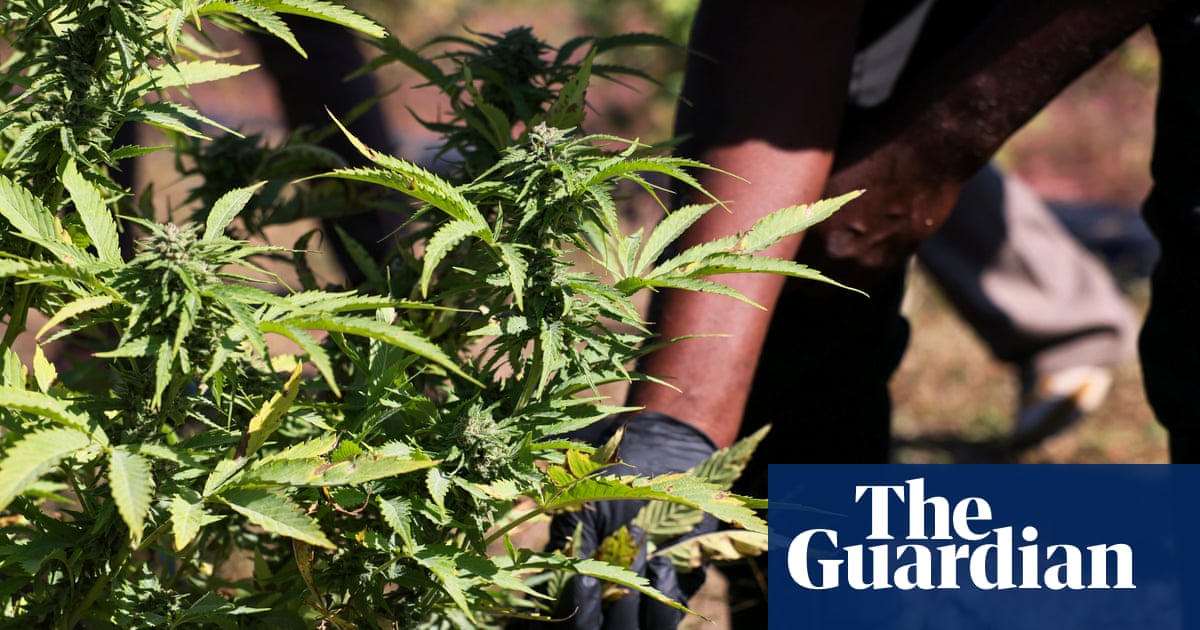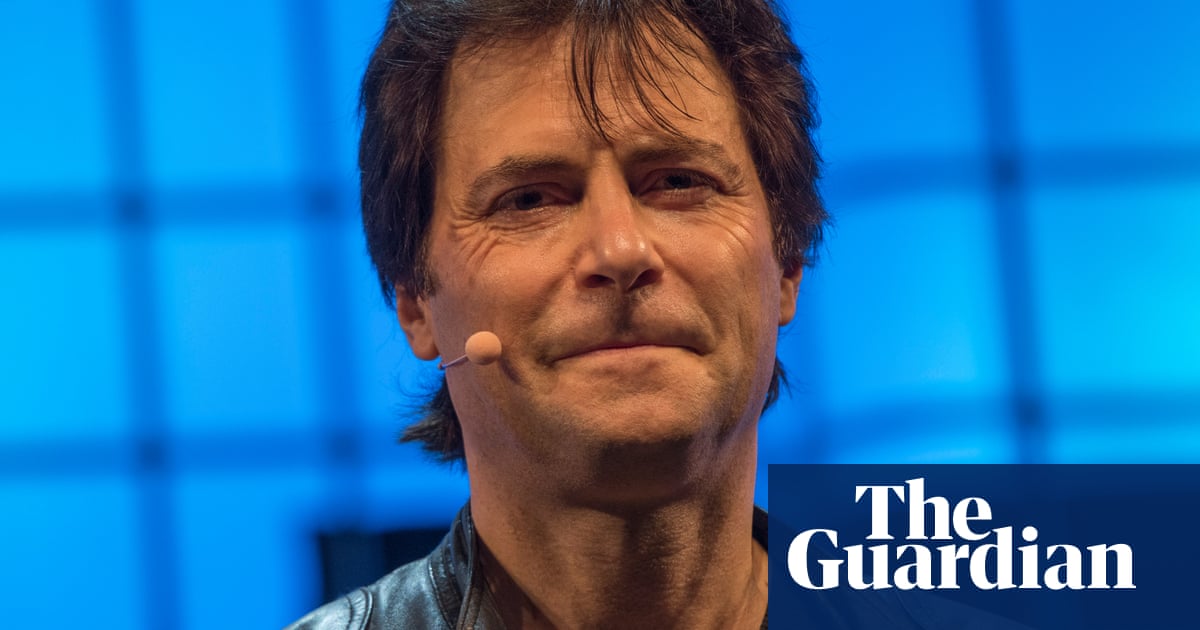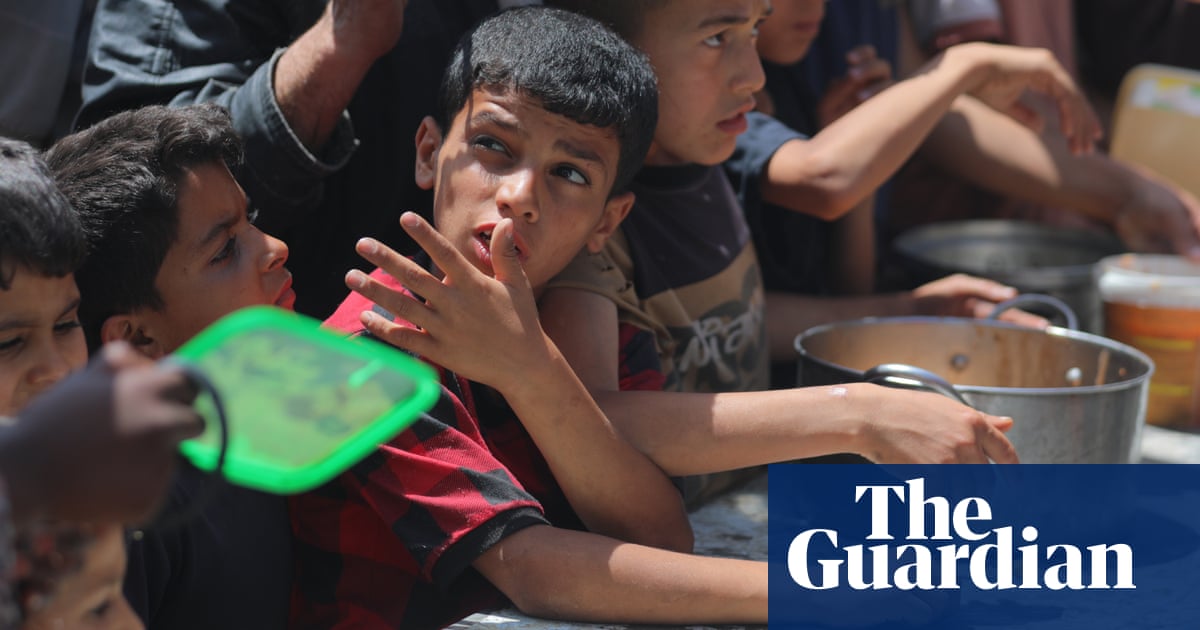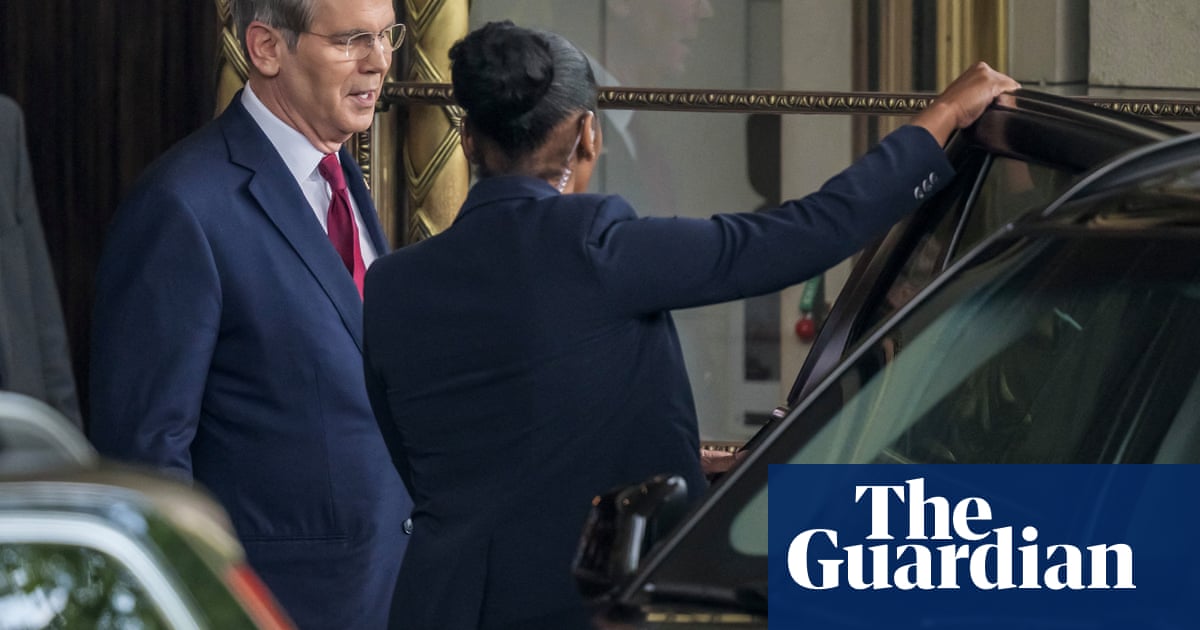When the winner of this year’s Eurovision song contest is announced shortly before midnight next Saturday, it won’t be the first climax of the evening. “I’m coming / I’m coming,” a scantily clad Lithuanian will announce in the chorus of her song. Australia’s male entrant will invite listeners to “sh-sh-shake me good” so they can get “a taste of the milkshake man”. And Malta’s submission is going to prompt the audience to shout the word “Kant” – due to it sounding like a rude English term for female genitalia.
After the 2024 edition of the world’s largest live music contest was largely overshadowed by political positioning over the war in Gaza, many artists at this year’s event in the Swiss city of Basel are returning to what they like to do best: celebrating the act of lovemaking in pop songs. Because even though the European Broadcasting Union’s official rules ban lyrics “obscene … or otherwise offensive to public morals or decency” from Eurovision’s three live shows, the matrix of what is considered beyond the pale is more complicated. It mostly means you can sing about sex, but you can’t name it. At least not in English.
In March, the Maltese performer Miriana Conte was ordered by the EBU to change the lyrics of her song, Kant, the title of which means “singing” in Maltese, but has an obvious phonetic resemblance to the vulgar English word cunt.
Now merely entitled “Serving”, the intended original message of Conte’s song was equivalent to the queer or drag slang phrase “serving cunt”, roughly meaning to act in an unapologetically feminine manner, she says. “It’s a celebration of embracing who you are, no matter what you are, how you feel.”

Even though English is one of Malta’s two official languages, the 24-year-old singer says she hadn’t received any criticism in her native country, with Maltese media reporting that complaints to the EBU came from the BBC.
The C-word topped a recent YouGov survey of the most offensive swearwords in the English language, but its linguistic relatives in many Romance languages – con in French or coño in Spanish – carry less force and can sometimes even be heard on TV.
“What might be harmless and playful in one place can be taken differently elsewhere,” says Conte. “It shows that culture shapes our perception of what is vulgar and what is not.”
On Saturday, Malta’s entry is likely to receive a similar treatment to the last song to be censored for containing an obscene word, 2022’s Eat Your Salad by Latvian band Citi Zēni.
The ode to vegetarianism was written “to make people listen and make them think”, says singer Jānis Pētersons, 30. But the EBU took issue with the (semi) rhyming couplet in the opening verse: “Instead of meat, I eat veggies and pussy / I like them both fresh, like them both juicy.” At the live show, Pētersons simply left out the offending word and got the audience to chant it instead.
“The worst lyric you can write is the one that is instantly forgettable,” Pētersonssays. “It was wordplay, and I still think it was smart. Even my grandma thought it was funny.”

At Eurovision, Citi Zēni were not just up against Latvian grannies, however, but also Britain’s Auntie. The live show usually starts before the BBC’s 9pm watershed, designed to protect children from potentially harmful content. In most other participating countries, similar watershed rules come into effect at 10pm or later, if they exist at all.
It means English-language songs about sex at Eurovision have to either resort to schoolyard synonyms – “I want to do it with him all day long” sang Israeli group Ping Pong in 2000 – or extravagant innuendo, such as Czech singer Mikolas Josef’s “I know you bop-whop-a-lu bop on his wood bamboo” in 2018.
Australian singer Go-Jo’s Milkshake Man at this year’s contest is less a double than a single entendre stretched over 40 lines: the eponymous milkshake is “a secret superpower” and makes you “bigger and stronger with harder bones”. It’s a kindred spirit to Montenegro’s 2017 entry Space, by singer Slavko Kalezić, a song single-mindedly devoted to likening sex to intergalactic travel: “The spaceship is ready to blow / Drunk in love I’m gonna explode.”
Songs in other languages, by contrast, can get away with being more direct. Finnish singer Erika Vikman’s song “Ich komme” (meaning “I am coming” in German) breezed past the censors. So, too, did last year’s Spanish act Nebulossa, with its title Zorra, literally meaning vixen but commonly translated as bitch or slut.
Mais putain, il y a des jours, French singer Nina Morato sang in 1994: “But fuck me, there are days.” Moldova’s 2006 entrant managed to conjure up all sorts of filthy images in viewers’ minds with the lyric: “Hey loco, please espera un poco / And I’ll give you my choco”.In 2012 hip hop group Trackshittaz performed a song in such impenetrably strong Austrian dialect that it must have distracted the censors from their post-watershed name and title of their entry, “Woki mit deim Popo”, “Wiggle your ass”.
“As Europe’s lingua franca, English seems to be generally more tightly policed at Eurovision, and mostly by English speakers,” says Paul Marks-Jones, a former president of the official Eurovision fanclub. “The continental Europeans are generally more OK with expletives.”
Sweden’s Melodifestivalen, the annual song competition that determines the Nordic country’s Eurovision representative, sparked a debate in 2017 about whether Swedes use fuck too frivolously, when singer Robin Bengtsson used it in his song I Can’t Go on (it was later replaced with “freakin’”).
But the complaints came mainly from native English speakers, and Melodifestivalen has subsequently doubled down on its laissez-faire attitude to swearwords. “It is still permissible to use swearing in the show,” says Anders Wistbacka, the executive producer in charge of Melodifestivalen. “Although it is a broad family entertainment programme, we also wish to allow substantial freedom for writers and participants to express their thoughts and feelings.”
Is it impossible to imagine a Eurovision of the future that is more at ease with swearing and more relaxed about sex? It can’t be that hard. Oo-er.

 3 hours ago
3
3 hours ago
3
